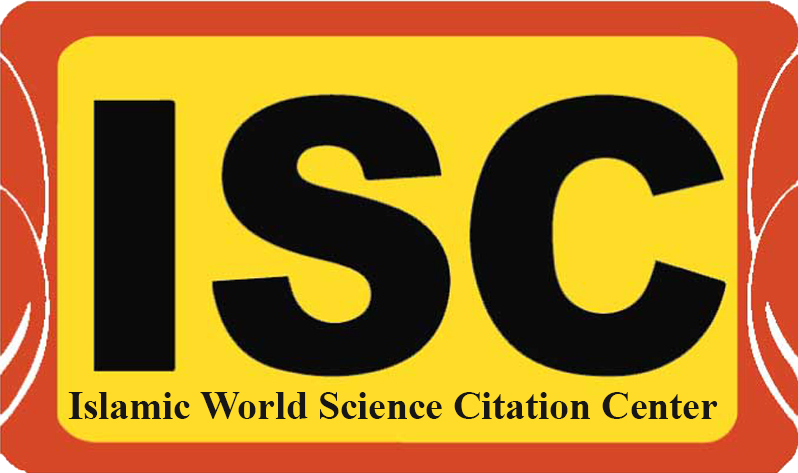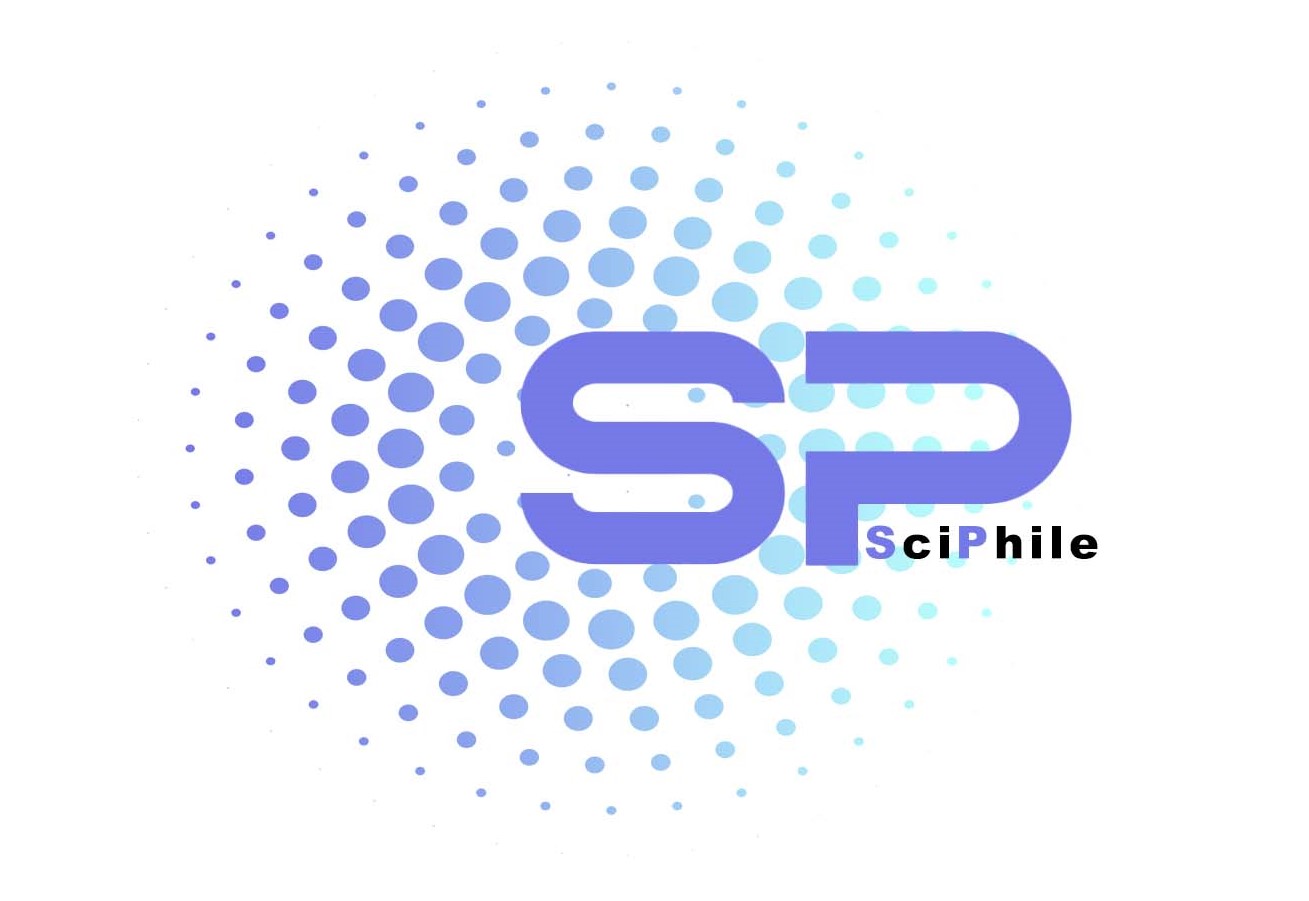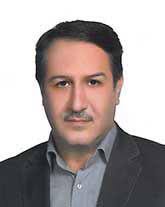Comparing the Effect of Transcranial Direct Current Stimulation (TDCS) and Cognitive-Behavioral Therapy on Substance Craving Control and Rumination in Methamphetamine-Dependent Patients
Abstract
Objective: The aim of the current study was to compare the effect of Transcranial Direct Current Stimulation (TDCS) and Cognitive-Behavioral Therapy on substance craving control and rumination in methamphetamine-dependent patients.
Methods and Materials: The present study, in terms of its objective, was applied research, utilizing a pre-test post-test design within a quasi-experimental research framework. The statistical population included all male patients dependent on methamphetamine who visited the Gam Addiction Treatment Clinic in Ghaemshahr city in the year 2020, from whom 45 individuals were selected through convenience sampling and randomly divided into three groups of 15 (two experimental and one control group). Participants in all three groups responded to the Drug Desire Questionnaire (DDQ) (2002) and the Hocksmann-Nolen Marw Rumination Questionnaire (1991) in three stages: pre-test, post-test, and follow-up. For the first experimental group, Transcranial Direct Current Stimulation (TDCS) was applied with a maximum current intensity of 2 milliamperes, and for the second experimental group, twelve sessions of Cognitive-Behavioral Therapy were conducted based on the Cognitive-Behavioral Therapy protocol (Bayling, McCabe, Antony, 2011), while the control group received no treatment. Data were analyzed using SPSS statistical software.
Findings: The results showed that both treatments were effective. However, the effectiveness of Transcranial Direct Current Stimulation (TDCS) on craving control and the effectiveness of Cognitive-Behavioral Therapy on rumination were greater.
Conclusion: Both treatments can be used to reduce psychological problems in methamphetamine-dependent patients.
Downloads

Downloads
Additional Files
Published
Issue
Section
License
Copyright (c) 2024 Masoud Rezaee Kochaksaraei (Author); Abdollah Mafakheri (Corresponding Author); Mahmoud Jajarmi (Author)

This work is licensed under a Creative Commons Attribution-NonCommercial 4.0 International License.

























